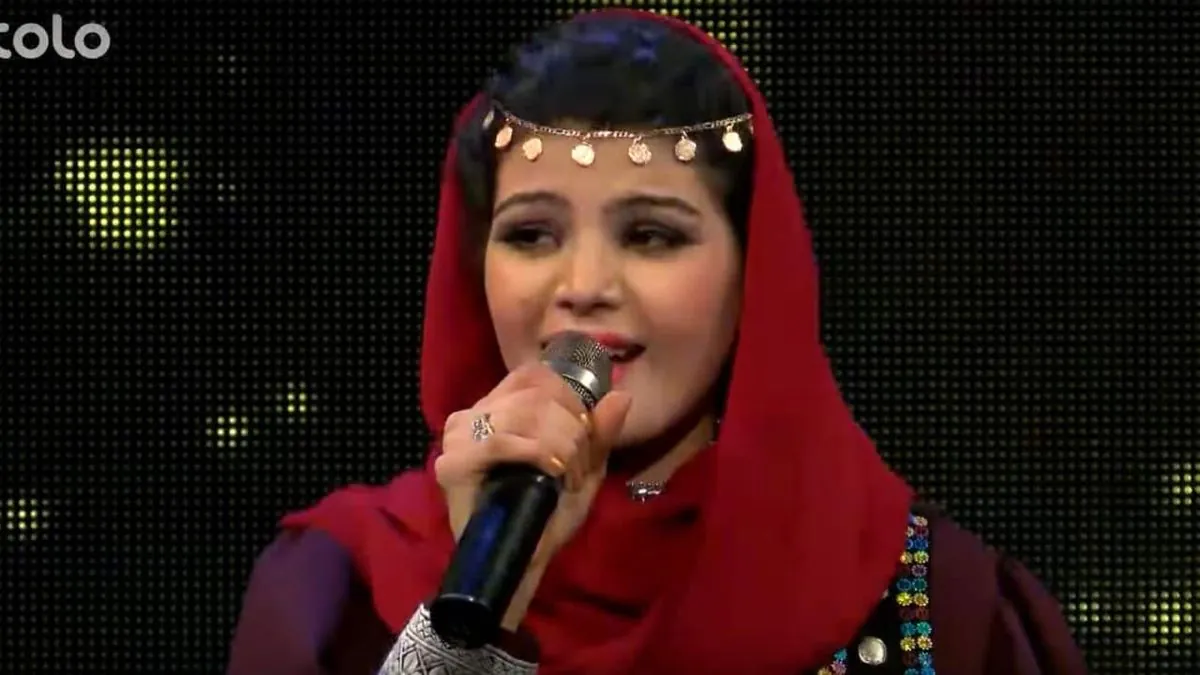In a bold act of defiance, Afghan women are challenging the Taliban's latest restrictions by sharing videos of themselves singing online. This digital protest comes in response to new regulations imposed by the regime, which aim to silence women in public spaces.
The Taliban, who regained control of Afghanistan in August 2021, recently issued a set of rules through their vice and virtue ministry. These regulations mandate that women conceal their faces, bodies, and voices outside their homes. The restrictions also prohibit women from singing or reciting the Koran in public, and dictate that their clothing must not be thin, tight, or short.
One video features a woman in Afghanistan singing while fully covered:
"You placed the stamp of silence on my mouth until further notice. You will [not] provide me with bread and food until further notice, you've imprisoned me inside the house for the crime of being a woman."
[[Afghan woman's defiant song]]
This protest highlights the rich musical tradition of Afghanistan, which includes instruments like the rubab, a lute-like instrument. Despite the country's cultural heritage, the Taliban's restrictions threaten to silence half of the population.
The online campaign has spread beyond Afghanistan's borders, with women in other parts of South Asia and Europe joining in solidarity. A woman who relocated to Germany after the Taliban's return to power sang about the historical significance of women:
"If I don't exist, who are you? Where are the true men among you? Without Ameneh and Rudabeh, where would Mohammad, Rostam, and Sohrab be?"
This reference to important figures in Islamic and Persian literature underscores Afghanistan's long history of poetry and literary traditions.
The international community has responded strongly to these new restrictions. Volker Turk, the United Nations human rights chief, called for the immediate repeal of these "egregious" laws. Roza Otunbayeva, head of the UN's Afghanistan mission, described the restrictions as providing a "distressing vision" for the country's future.
Dr. Zahra Haqparast, a Germany-based women's activist, initiated a campaign against the new laws. She stated, "The Taliban should face sanctions, the world must not negotiate with them." Dr. Haqparast, who previously worked as a dentist in Afghanistan, lost her job after the Taliban's return to power.
Despite the risks, women inside Afghanistan continue to resist. A former university lecturer in Herat said, "The Taliban cannot silence our voices, we are half of this society and they cannot even imagine how powerful we are."
This ongoing struggle for women's rights in Afghanistan is set against a backdrop of a country with a diverse ethnic makeup, including Pashtuns, Tajiks, Hazaras, and Uzbeks. The nation's literacy rate for women remains low at about 30%, highlighting the importance of education in the fight for equality.
As the protest continues, these women's voices echo across Afghanistan's rugged mountains, including the Hindu Kush range, serving as a powerful reminder of their resilience and determination to be heard.
